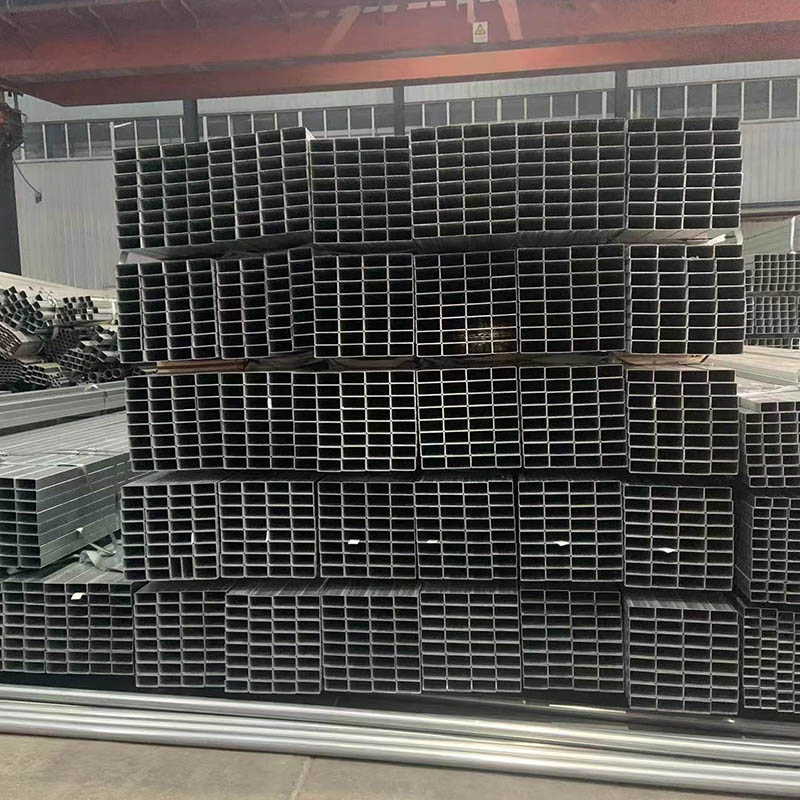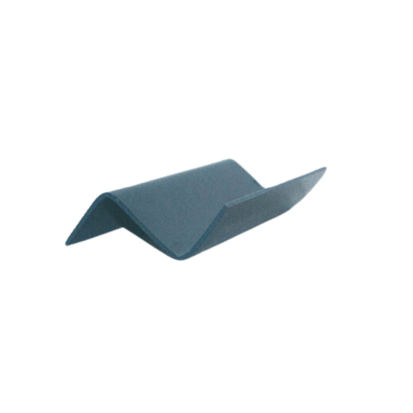It's more than just saving money by doing a bit of work. Here are the benefits and drawbacks of DIY solar panel installation from someone who's done it.
The author and a colleague installing ground-mounted, off-grid solar panels. Solar Panel Bracket U Profile

Solar panels have become ubiquitous in recent years. Small photovoltaic cells are built in the back of phone chargers and cases; portable panels are sold for cars, trailers and even backpacks. With so much plug-and-play solar energy around, it's fair to wonder how easy it is to take a do-it-yourself approach to putting a larger solar energy system on your home.
I installed a single solar panel on a vintage travel trailer years ago and hooked it up to a marine battery and a tiny inverter. Then I did it on another trailer. This gave me enough confidence to install a 1.2-kilowatt system for my family's small off-grid home. But I still needed some help, a few patient professionals to bounce myriad questions off of, and lots of time spent on YouTube looking for answers to even more questions I was too embarrassed to ask.
Still, I managed to do it myself, so perhaps you could, too. The more important question is: should you? I'm betting in most cases, the answer is no. The process I went through required at least some minimal technical experience (I really needed more) and a whole lot of time and patience. I likely would have given up if it weren't imperative that I get the job done, and if it weren't during a pandemic that made electricians and other paid help in very short supply.
Can solar panels save you money?
Interested in understanding the impact solar can have on your home? Enter some basic information below, and we’ll instantly provide a free estimate of your energy savings.
And yet here I sit, writing this on a laptop and Wi-Fi connection powered by panels I installed and wired myself. If you think you might be up to the task as well, here are some important things to consider.
A June 2023 report by consulting firm Wood Mackenzie reveals nearly half of the cost of an installed "turnkey" solar system goes to the installer's overhead, customer acquisition costs and labor. Labor is actually the least of those three categories.
Can solar panels save you money?
Interested in understanding the impact solar can have on your home? Enter some basic information below, and we’ll instantly provide a free estimate of your energy savings.
This means that installing solar panels yourself could save you almost 50 percent off the cost of using a big solar company. That is, if you can find good prices on panels and other components close to the wholesale discounts most installers have access to. Used panels and other equipment is one option here. Panels in particular are relatively simple and reliable components that can work for decades. I'd be a little less enthusiastic about used inverters or charge controllers without writing them off completely. In general, it's probably good to stay away from used batteries unless you can verify that they are gently used.
I think there's some risk with professional solar installers that you're going to wind up buying too much system. Going solar is a big one-time job and investment meant to last for decades, so it's pretty easy to be upsold, especially with tax incentives and credits footing a significant amount of the bill.
All that extra cost to go with a professional installer isn't just wasted, though. It buys significant peace of mind. You know your installation is (usually) going to be done by a certified installer that's done many similar procedures already. Typically it's backed up by years-long warranties from both the installer and equipment manufacturers -- installing equipment yourself may actually void some manufacturers' warranties. It's also possible that having the installation done by a certified professional is required to be covered by some insurance policies.
Solar energy is the first source of energy off the grid.
There's any number of sources for solar panels today, from local installers and retail shops to online vendors and, of course, Amazon. But even better options may be found in less traditional places like local nonprofits or utilities that offer special programs and deals on solar equipment from time to time. There are a number of initiatives specifically for disadvantaged communities, for example.
Solar panels are a bit like books -- they last a long time, and you can get nearly as much value out of them years after they're new. It's not too hard to find used solar panels online or even from calling around to solar retail and wholesale outfits. I found some that were recently decommissioned from a utility array after a handful of years of use, meaning they should still have decades left in them. I paid about 30 cents per watt for the panels, which is about 60 percent less than I would have shelled out for comparable new panels.
Shop around, and if you are going with used panels, ask the seller to test them in front of you and look for a manufacturing date that should be stamped somewhere on the module.
This part could be just as tricky or more so than the wiring and installation itself, depending on where you live. Unfortunately, building code, regulations and other rules vary greatly from state to state, city to city and even by neighborhood if a homeowners association is involved.
If you're connecting your system to the grid, you're also going to need to get permission to operate from your local utility. This is one of the more complicated and high stakes parts of a solar installation. It's not something I would try to set up myself, even after doing an off-grid system on my own. It's reason enough to consider going with a professional solar installer.
If, after considering all this, you're determined to do it alone, it's best to consult with someone who has gone through the process in your locality to know what to expect, and then begin reaching out to the relevant offices for your local government, who should be required to help you navigate the process.
Fortunately, a solar system is generally a low maintenance thing. For the panels themselves, clearing snow or dust is the only thing you're likely to ever deal with. These are easily managed, but you could always call in some help, especially if your panels aren't that accessible.
If something goes wrong with other components, it's probably a matter of replacing an inverter, charge controller or battery, which is as simple as shutting things down and then repeating those steps from the original installation process.
Should anything more complicated arise, hiring a certified electrician to come have a look is a good way to go.
DIY solar panels: Good idea? Bad idea?
If you're a homeowner, it's not hard to see the appeal of solar panels. Whether you are conscious of your carbon emissions or your budget (or both!), installing DIY solar panels can shrink your impact on the planet and lower your monthly energy bill. To determine whether you should take on the project yourself, ask these questions.
First, determine what sort of a system you want. Will it be connected to the grid? Will it have batteries or EV chargers? Ask if you're comfortable handling installing all these components on your own.
If you're still feeling like tackling it yourself, examine all applicable local building codes, regulations and other requirements. Come up with a checklist of everything that has to be done to get your system approved, permitted, inspected and finally up and running. Can you handle it solo?
At this point most people will probably start looking up local professional installers. If you're the rare, hard core DIY soul that still feels up to the task, then good luck. Remember, safety first, and may you find the process rewarding.
Here's a quick breakdown of the main benefits and drawbacks of installing solar panels yourself.
Yes, it's possible and a number of people do install solar systems themselves, however it requires a significant amount of technical understanding of electrical systems. Installation by a certified professional may be required by certain warranties, insurance policies or local rules and regulations.
In most cases, no. Mass-produced conventional solar panels have become quite cheap, especially when the cost of supplies and time and labor are factored into what's required to create your own modules.
It can be. As with any major electrical project, there's a chance of electrical shock or fire if it's installed poorly.
AJ Dellinger contributed to this story.
Best Solar Products and Companies

Solar Mounting Bracekt For Ground Pv Living Off the Grid Series